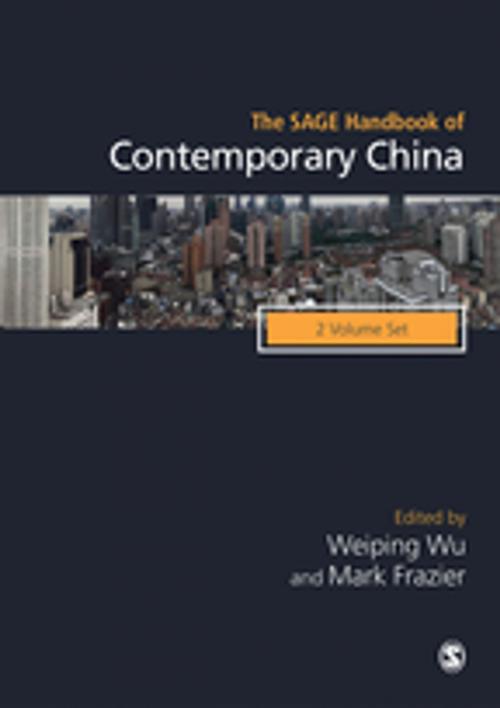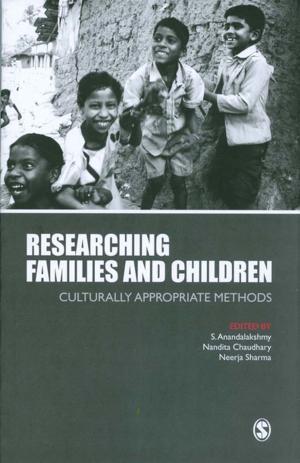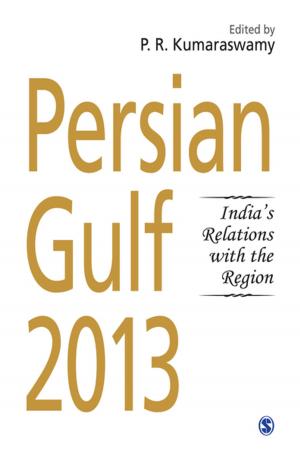The SAGE Handbook of Contemporary China
Nonfiction, Social & Cultural Studies, Social Science, Anthropology, Political Science| Author: | ISBN: | 9781526455598 | |
| Publisher: | SAGE Publications | Publication: | July 9, 2018 |
| Imprint: | SAGE Publications Ltd | Language: | English |
| Author: | |
| ISBN: | 9781526455598 |
| Publisher: | SAGE Publications |
| Publication: | July 9, 2018 |
| Imprint: | SAGE Publications Ltd |
| Language: | English |
Contemporary China is dynamic and complex. Recent dramatic changes in the Chinese economy, society, and environment pose numerous challenges for scholars of China.
This Handbook will define contemporary China Studies for the social sciences: investigating how we can best study China; exploring the transformations of contemporary China that inform how we study China; presenting the breadth and depth of the China Studies field; and identify future directions for China Studies.
In two volumes, the Handbook situates China Studies in history and context. Each chapter in Part One provides an overview and historiography of how scholars have conceptualized the Chinese state, nation, economy and environment, and analyzes trends in terms of different research approaches, types of sources, and trends in the study of these broad concepts. The next five parts cover substantive themes in China Studies, including economic transformations; politics and government; China as a global actor; urbanization and urban development; and Chinese society. In conclusion, the Handbook draws together critical discussions of emerging issues of transdisciplinary approaches to China Studies, the future of Chinese historical Studies, and the future of China in comparative contexts.
Contemporary China is dynamic and complex. Recent dramatic changes in the Chinese economy, society, and environment pose numerous challenges for scholars of China.
This Handbook will define contemporary China Studies for the social sciences: investigating how we can best study China; exploring the transformations of contemporary China that inform how we study China; presenting the breadth and depth of the China Studies field; and identify future directions for China Studies.
In two volumes, the Handbook situates China Studies in history and context. Each chapter in Part One provides an overview and historiography of how scholars have conceptualized the Chinese state, nation, economy and environment, and analyzes trends in terms of different research approaches, types of sources, and trends in the study of these broad concepts. The next five parts cover substantive themes in China Studies, including economic transformations; politics and government; China as a global actor; urbanization and urban development; and Chinese society. In conclusion, the Handbook draws together critical discussions of emerging issues of transdisciplinary approaches to China Studies, the future of Chinese historical Studies, and the future of China in comparative contexts.















